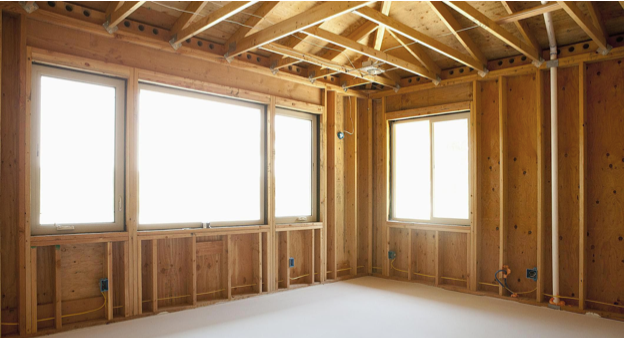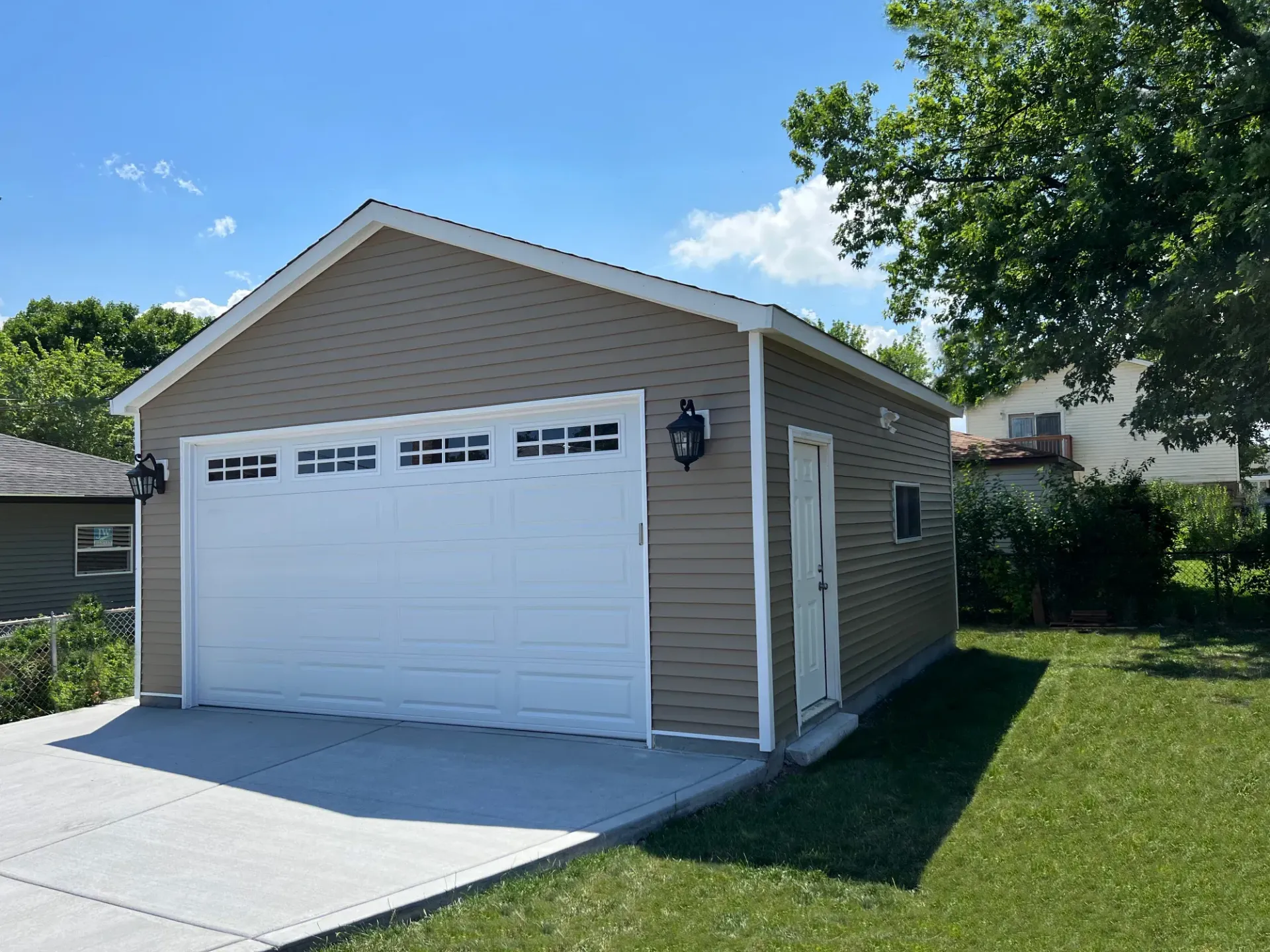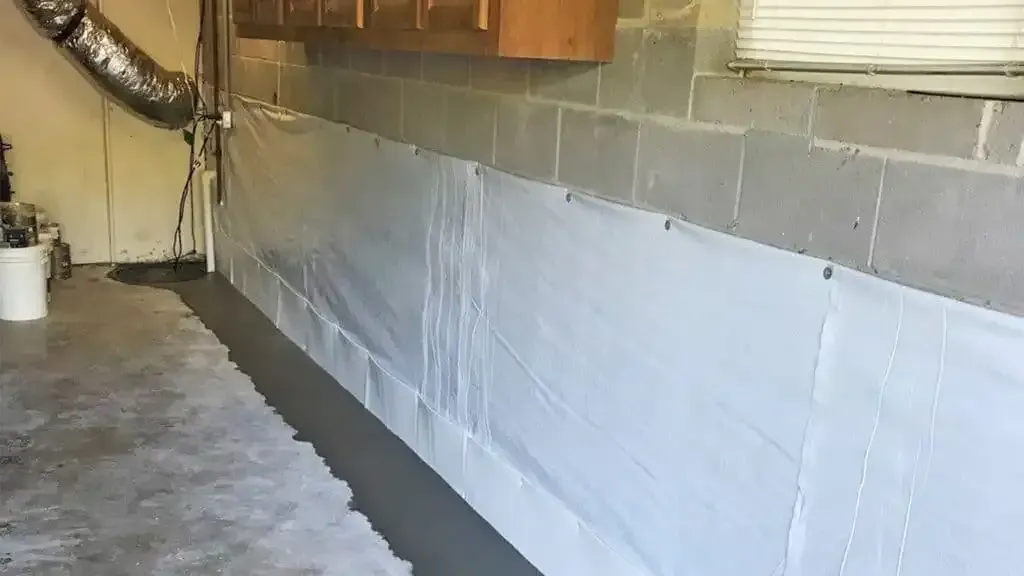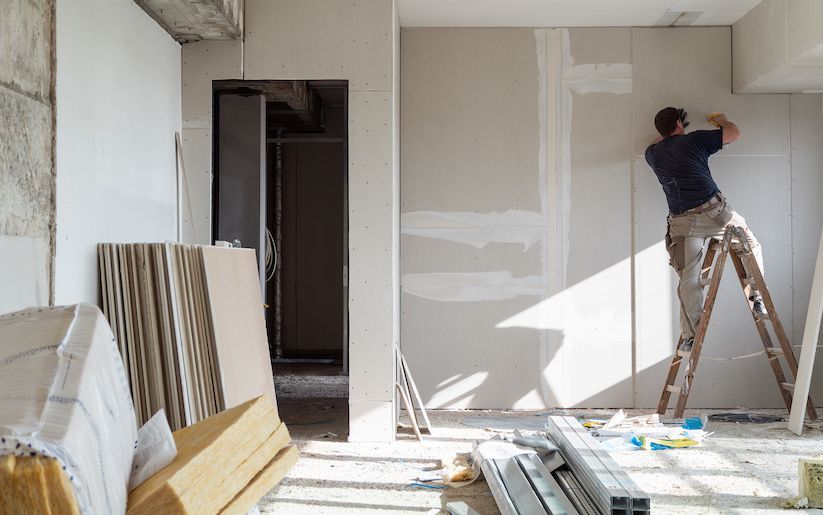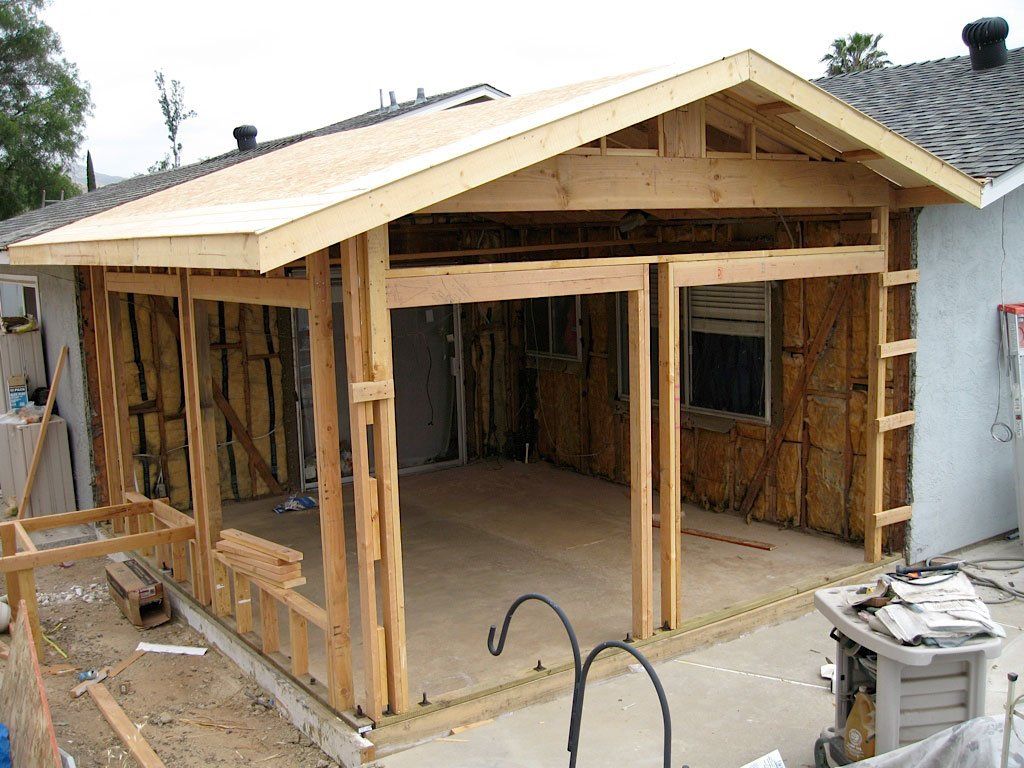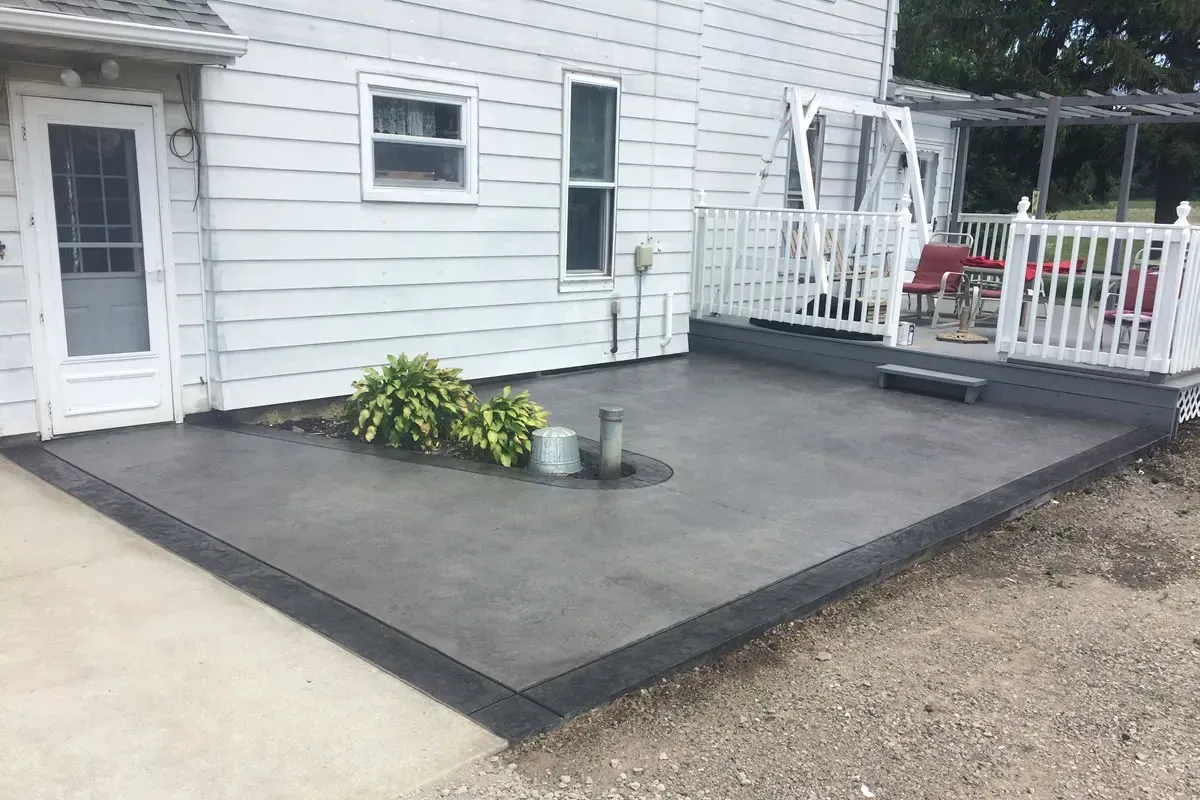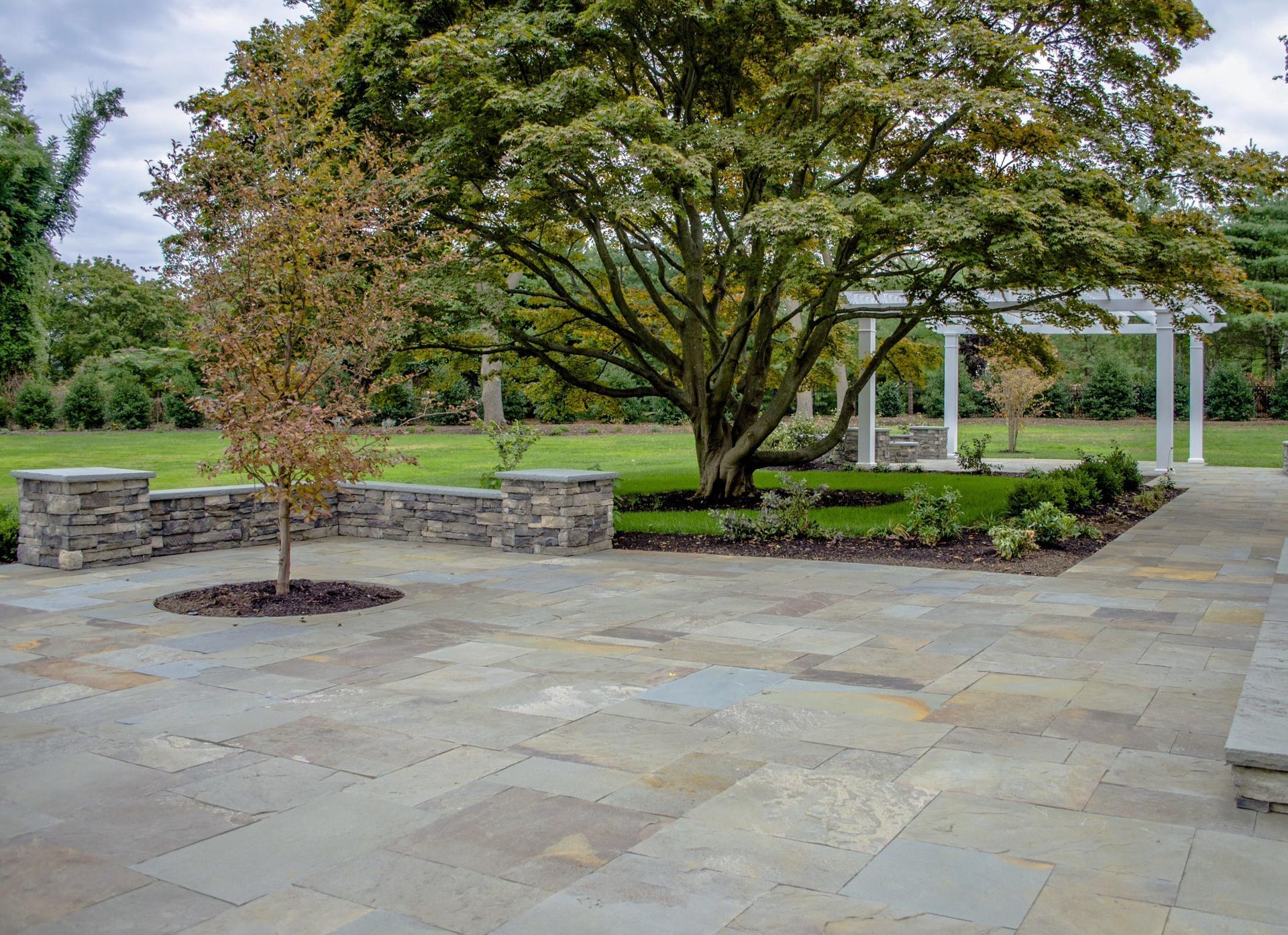Excavation Services in Rhode Island: What to Expect
Rhode Island excavation services typically cost $100-150 per hour for equipment and operators, with most residential projects ranging from $2,000-15,000 depending on scope. Expect 2-4 weeks from planning to completion, including utility marking, permit acquisition, and site restoration, with additional time for challenging soil conditions common throughout the Ocean State.
Understanding Rhode Island's Excavation Landscape
Geographic Challenges
Rhode Island's compact 1,214 square miles contain diverse terrain that significantly impacts excavation work. The state's glacial history created complex soil compositions ranging from dense clay deposits in low-lying areas to rocky ledge in western regions, requiring specialized equipment and techniques for different locations.
Coastal Plain Characteristics:
- Sandy soils near the shore that require dewatering systems
- High water tables within 2-4 feet of surface
- Salt intrusion affecting equipment and material choices
- Tidal influences on groundwater levels
Interior Highland Features:
- Glacial till with mixed rock, clay, and sand composition
- Bedrock outcroppings requiring specialized breaking techniques
- Steep terrain challenging equipment access and stability
- Natural drainage patterns affecting excavation planning
Regulatory Environment
Rhode Island maintains strict excavation regulations through multiple agencies including the Department of Environmental Management (RIDEM), Coastal Resources Management Council (CRMC), and local municipalities. Understanding these requirements prevents project delays and costly violations.
State-Level Regulations:
- RIDEM oversight for groundwater protection
- CRMC jurisdiction within 200 feet of coastline
- Historic preservation requirements in designated areas
- Wetlands protection throughout the state
Municipal Requirements:
- Local permitting for excavation work
- Setback requirements from property lines
- Noise ordinances affecting work hours
- Restoration standards for public areas
Types of Excavation Services in Rhode Island
Foundation Excavation
Foundation excavation represents the most common residential excavation service in Rhode Island, with unique challenges posed by the state's soil conditions and water table issues.
Basement Excavation:
- Typical depth: 8-10 feet below grade
- Cost range: $8,000-20,000 for average home
- Timeline: 3-7 days depending on conditions
- Special considerations: Dewatering systems often required
Crawl Space Excavation:
- Typical depth: 3-4 feet below grade
- Cost range: $3,000-8,000 for average home
- Timeline: 1-3 days
- Advantages: Less groundwater interference
Slab-on-Grade Preparation:
- Excavation depth: 2-4 feet
- Cost range: $2,000-6,000
- Timeline: 1-2 days
- Considerations: Proper drainage critical in RI conditions
Utility Excavation
Rhode Island's dense development and aging infrastructure create complex utility excavation requirements, with safety being paramount due to the concentration of underground services.
Water Line Installation:
- Typical depth: 4-6 feet (below frost line)
- Cost per linear foot: $25-50
- Special equipment: Trenching machines, shoring systems
- RI considerations: Freeze protection, ledge encounters
Sewer Line Excavation:
- Typical depth: 6-12 feet
- Cost per linear foot: $30-75
- Slope requirements: 2% minimum grade
- Challenges: High water table interference
Electrical and Gas Utilities:
- Typical depth: 2-4 feet
- Cost per linear foot: $15-35
- Safety requirements: Specialized detection equipment
- Coordination: Multiple utility companies
Site Preparation and Grading
Rhode Island's varied topography often requires extensive site preparation to create buildable lots and functional outdoor spaces.
Lot Clearing and Grading:
- Cost per acre: $3,000-8,000
- Timeline: 3-10 days depending on vegetation
- Equipment: Bulldozers, excavators, brush hogs
- Disposal: Brush and debris removal
Driveway Excavation:
- Cost per linear foot: $8-15
- Depth: 12-18 inches typical
- Base material: Processed gravel
- Drainage: Critical for RI weather conditions
Septic System Excavation:
- Tank installation: $1,500-3,000
- Leach field: $3,000-8,000
- Test pit excavation: $500-1,200
- Specialized requirements: Soil protection, contamination prevention
Swimming Pool Excavation
Pool excavation in Rhode Island requires careful planning due to groundwater issues and the need for proper drainage systems.
In-Ground Pool Excavation:
- Average cost: $5,000-12,000
- Timeline: 2-5 days
- Depth: 3-8 feet typical
- Special considerations: Dewatering, soil disposal
Pool Equipment Excavation:
- Utility trenches: $500-1,500
- Equipment pad preparation: $800-2,000
- Drainage systems: $1,000-3,000
Rhode Island Soil Conditions and Challenges
Glacial Till Composition
The majority of Rhode Island sits on glacial till deposited during the last ice age, creating complex soil conditions that significantly impact excavation work.
Till Characteristics:
- Mixed composition: Clay, sand, gravel, and boulders
- Compacted density: Requires powerful equipment
- Variable drainage: Pockets of clay and sand
- Boulder content: 10-30% in many areas
Excavation Implications:
- Slower digging rates than typical soils
- Equipment wear and maintenance increases
- Unpredictable conditions requiring flexible planning
- Higher costs due to challenging conditions
Coastal Soil Variations
Rhode Island's extensive coastline creates unique soil conditions that affect excavation planning and execution.
Sandy Coastal Soils:
- High drainage rates requiring slope protection
- Limited bearing capacity for heavy equipment
- Saltwater intrusion affecting concrete and metal
- Tidal influences on groundwater levels
Salt Marsh and Wetland Soils:
- Organic content requiring special handling
- Environmental protection requirements
- Seasonal access limitations
- Specialized equipment needs
Bedrock and Ledge Conditions
Western and northern Rhode Island feature significant bedrock outcroppings that require specialized excavation techniques.
Bedrock Characteristics:
- Granite and schist formations
- Depths varying from surface to 20+ feet
- Fracture patterns affecting excavation
- Blasting requirements for deep excavations
Ledge Removal Techniques:
- Hydraulic hammers: $150-250 per hour
- Chemical rock breaking: $50-100 per cubic yard
- Controlled blasting: $15-30 per cubic yard
- Diamond wire cutting: $100-200 per linear foot
Water Table and Drainage Considerations
High Water Table Challenges
Rhode Island's high water table, particularly in coastal and low-lying areas, creates significant challenges for excavation projects.
Seasonal Variations:
- Spring high water: March-May peak levels
- Summer low water: July-September minimum levels
- Fall recharge: October-December rising levels
- Winter stability: January-February moderate levels
Dewatering Requirements:
- Well point systems: $2,000-5,000 setup
- Sump pumps: $200-500 per unit
- Continuous operation: $50-100 per day
- Environmental permits: $300-800
Drainage System Integration
Proper drainage design is critical for successful excavation projects in Rhode Island's wet climate.
Surface Drainage:
- Swales and ditches: $8-15 per linear foot
- Catch basins: $800-1,500 each
- Pipe systems: $20-40 per linear foot
- Outfall structures: $1,000-3,000 each
Subsurface Drainage:
- French drains: $25-50 per linear foot
- Foundation drains: $15-30 per linear foot
- Curtain drains: $30-60 per linear foot
- Drainage fabric: $2-4 per square foot
Equipment and Technology Used in RI Excavation
Standard Excavation Equipment
Rhode Island excavation contractors typically utilize specialized equipment suited to the state's challenging conditions and tight working spaces.
Excavators:
- Compact excavators (under 10,000 lbs): $300-500 per day
- Mid-size excavators (20,000-40,000 lbs): $600-1,000 per day
- Large excavators (40,000+ lbs): $1,200-2,000 per day
- Specialized attachments: $100-300 per day additional
Bulldozers and Graders:
- Small dozers: $400-700 per day
- Medium dozers: $800-1,200 per day
- Motor graders: $600-1,000 per day
- Track loaders: $300-600 per day
Specialized Equipment:
- Rock hammers: $200-400 per day
- Trenching machines: $400-800 per day
- Compaction equipment: $200-500 per day
- Dewatering pumps: $100-300 per day
Advanced Technology Applications
Modern excavation projects in Rhode Island increasingly utilize advanced technology to improve accuracy and efficiency.
GPS and Laser Systems:
- Grade control systems: Improve accuracy to within 1/10 inch
- Reduce over-excavation and material waste
- Speed up grading operations
- Typical upgrade cost: $200-500 per day
Underground Utility Detection:
- Ground penetrating radar: $500-1,000 per day
- Electromagnetic locators: $100-300 per day
- Vacuum excavation: $800-1,500 per day
- Critical for dense utility areas
Permit Requirements and Regulatory Compliance
State Permit Requirements
Rhode Island requires various permits for excavation work depending on project scope, location, and environmental sensitivity.
RIDEM Permits:
- Fresh water wetlands permit: $300-1,500
- Groundwater discharge permit: $500-2,000
- Soil erosion and sediment control: $200-800
- Underground storage tank work: $400-1,200
CRMC Permits (coastal areas):
- Assent applications: $100-500
- Minor development permits: $300-1,000
- Major development permits: $1,000-5,000
- Timeline: 30-90 days processing
Municipal Permits
Local municipalities in Rhode Island maintain their own excavation permit requirements that must be obtained before work begins.
Common Municipal Requirements:
- Excavation permits: $50-300
- Street opening permits: $100-500
- Noise permits: $25-100
- Restoration bonds: $500-5,000
Timeline Considerations:
- Application processing: 5-15 business days
- Inspection requirements: Same day to 48 hours
- Approval conditions: May include specific hours, methods
- Renewal requirements: For extended projects
Utility Coordination
Rhode Island's dense utility infrastructure requires careful coordination before any excavation work begins.
Dig Safe Requirements:
- Mandatory 72-hour notice before excavation
- Free service covering major utilities
- Hand digging required within tolerance zones
- Violations carry significant penalties
Private Utility Marking:
- Sprinkler systems: $200-500
- Private electrical: $150-400
- Septic systems: $250-600
- Cable and internet: Often included in Dig Safe
Cost Factors for Rhode Island Excavation
Labor and Equipment Costs
Rhode Island's excavation costs reflect the state's higher cost of living and challenging working conditions.
Hourly Rates:
- Operator and excavator: $100-150 per hour
- Laborer rates: $25-40 per hour
- Truck and driver: $80-120 per hour
- Specialized equipment: $150-300 per hour
Project Size Impact:
- Small projects (under $5,000): Higher per-unit costs
- Medium projects ($5,000-25,000): Standard rates
- Large projects (over $25,000): Potential volume discounts
- Emergency work: 50-100% premium rates
Material and Disposal Costs
Rhode Island's limited disposal sites and import material costs significantly impact excavation project budgets.
Disposal Costs:
- Clean fill disposal: $15-25 per cubic yard
- Contaminated soil: $50-150 per cubic yard
- Ledge and rock: $20-35 per cubic yard
- Debris and vegetation: $25-45 per cubic yard
Import Material Costs:
- Processed gravel: $25-40 per cubic yard delivered
- Loam and topsoil: $30-50 per cubic yard delivered
- Sand: $20-35 per cubic yard delivered
- Stone dust: $25-40 per cubic yard delivered
Seasonal Cost Variations
Rhode Island's climate creates seasonal variations in excavation costs and availability.
Peak Season (May-October):
- Highest demand and prices
- Best weather conditions
- Shortest project timelines
- Premium rates for emergency work
Off-Season (November-April):
- Potential cost savings: 10-20%
- Weather-related delays possible
- Frozen ground challenges
- Limited contractor availability
Timeline Expectations for RI Excavation Projects
Planning Phase
Successful excavation projects in Rhode Island require thorough planning to address the state's unique challenges.
Pre-Construction Timeline:
- Site evaluation: 1-3 days
- Permit applications: 2-8 weeks
- Utility marking: 3-5 business days
- Material ordering: 1-2 weeks
- Weather planning: Ongoing consideration
Design and Engineering:
- Simple projects: Minimal design time
- Complex projects: 2-6 weeks
- Drainage design: 1-3 weeks
- Environmental assessments: 2-8 weeks
Execution Phase
Actual excavation work timelines depend on project scope, weather conditions, and unexpected site challenges.
Typical Project Durations:
- Basement excavation: 3-7 days
- Utility installation: 1-5 days
- Site preparation: 2-10 days
- Pool excavation: 2-5 days
- Driveway installation: 1-3 days
Factors Affecting Timeline:
- Weather conditions and delays
- Unexpected underground obstacles
- Permit inspection requirements
- Equipment availability and breakdowns
- Material delivery schedules
Post-Excavation Activities
Completion of excavation work requires additional activities that extend total project timelines.
Restoration Activities:
- Backfilling: 1-3 days
- Grading and compaction: 1-2 days
- Seeding and landscaping: 1-3 days
- Driveway and walkway restoration: 2-5 days
Final Inspections:
- Municipal inspections: Same day to 1 week
- Utility inspections: 1-3 days
- Environmental compliance: 1-2 weeks
- Project closeout: 1-2 weeks
Safety Considerations and Best Practices
Worker Safety Requirements
Rhode Island follows federal OSHA requirements with additional state-specific safety regulations for excavation work.
Trenching Safety:
- Slope requirements: 1.5:1 ratio minimum
- Shoring systems: Required for depths over 4 feet
- Atmospheric testing: Required for confined spaces
- Emergency egress: Ladders every 25 feet
Equipment Safety:
- Daily equipment inspections required
- Operator certification and training
- Spotters for blind areas
- Personal protective equipment mandatory
Public Safety Measures
Excavation work in Rhode Island's dense neighborhoods requires extensive public safety measures.
Traffic Control:
- Flaggers: $25-35 per hour
- Barricades and signage: $200-500 per project
- Police details: $50-75 per hour when required
- Lane closure permits: $100-300
Neighbor Protection:
- Dust control measures
- Noise mitigation during restricted hours
- Property protection during equipment movement
- Communication with affected residents
Environmental Protection and Compliance
Soil and Groundwater Protection
Rhode Island's environmental regulations require strict protection of soil and groundwater during excavation work.
Contamination Prevention:
- Fuel spill prevention plans
- Equipment maintenance protocols
- Immediate response procedures
- Environmental insurance requirements
Erosion and Sediment Control:
- Silt fencing: $3-5 per linear foot
- Catch basin protection: $50-150 per unit
- Stabilized construction entrances: $500-1,500
- Temporary seeding: $0.50-1.00 per square foot
Wetlands and Coastal Protection
Rhode Island's extensive wetlands and coastal areas require special protection during excavation work.
Buffer Zone Requirements:
- 50-foot wetland buffers typical
- 200-foot coastal buffers required
- Seasonal restrictions during nesting periods
- Specialized restoration requirements
Monitoring Requirements:
- Daily environmental inspections
- Water quality monitoring
- Vegetation protection measures
- Wildlife protection protocols
Common Challenges and Solutions
Unexpected Site Conditions
Rhode Island's complex geology frequently presents unexpected challenges during excavation work.
Underground Obstacles:
- Unknown utilities: Require careful hand excavation
- Buried foundations: May need specialized removal
- Contaminated soil: Requires testing and special disposal
- Groundwater springs: Need dewatering systems
Weather-Related Challenges:
- Heavy rainfall: May require project suspension
- Frozen ground: Requires specialized equipment
- Seasonal flooding: Affects scheduling and access
- Hurricane preparation: Emergency project protection
Equipment Access Issues
Rhode Island's dense development and narrow streets often complicate equipment access.
Access Solutions:
- Smaller equipment for tight spaces
- Crane services for equipment placement
- Temporary access roads and bridges
- Coordination with neighbors for access
Urban Challenges:
- Overhead wire clearance issues
- Limited staging and storage areas
- Parking restrictions affecting work zones
- Historic district limitations on equipment
Quality Control and Project Management
Excavation Quality Standards
Professional excavation work in Rhode Island must meet specific quality standards for long-term performance.
Grade Accuracy:
- Foundation work: ±1 inch tolerance
- Utility installation: ±0.1 foot elevation
- Drainage systems: Proper slope maintenance
- Final grading: Smooth, uniform surfaces
Compaction Requirements:
- Structural backfill: 95% standard proctor density
- Utility backfill: 90% standard proctor density
- Road base: 98% standard proctor density
- Testing frequency: Every 500 cubic yards
Project Communication
Effective communication is essential for successful excavation projects in Rhode Island's complex regulatory environment.
Stakeholder Coordination:
- Regular client updates and progress reports
- Municipal inspector coordination
- Utility company communication
- Neighbor notification and updates
Documentation Requirements:
- Daily progress logs and photos
- Material delivery and disposal records
- Inspection reports and certifications
- As-built drawings for utility work
Choosing the Right Excavation Contractor in Rhode Island
Essential Contractor Qualifications
Selecting a qualified excavation contractor is critical for project success in Rhode Island's challenging conditions.
Licensing and Insurance:
- Rhode Island contractor license required
- General liability insurance: $1 million minimum
- Workers compensation coverage
- Equipment insurance and bonding
Experience Requirements:
- Minimum 5 years Rhode Island experience
- Knowledge of local soil conditions
- Familiarity with state and local regulations
- Portfolio of similar project types
Contractor Selection Process
Evaluation Criteria:
- Local references from recent projects
- Financial stability and bonding capacity
- Equipment quality and availability
- Safety record and training programs
Contract Considerations:
- Detailed scope of work and specifications
- Clear timeline with weather provisions
- Change order procedures and pricing
- Warranty terms for completed work
Technology Trends and Future Considerations
Equipment Technology Advances
The excavation industry continues to evolve with new technologies that improve efficiency and accuracy.
Automation and GPS:
- Machine control systems becoming standard
- Improved accuracy reducing waste and rework
- Real-time progress monitoring capabilities
- Integration with project management software
Environmental Technology:
- Electric and hybrid equipment options
- Improved emission controls on diesel equipment
- Noise reduction technology for urban work
- Advanced dust and erosion control systems
Regulatory Evolution
Rhode Island's excavation regulations continue to evolve in response to environmental concerns and climate change.
Emerging Requirements:
- Stricter stormwater management standards
- Enhanced wetlands protection measures
- Climate resilience planning requirements
- Advanced contamination testing protocols
Cost-Saving Strategies for Rhode Island Excavation
Project Planning Optimization
Careful planning can significantly reduce excavation costs while ensuring quality results.
Timing Optimization:
- Schedule during off-peak seasons for lower rates
- Coordinate multiple projects for volume discounts
- Plan around weather patterns to minimize delays
- Bundle related work for efficiency gains
Design Efficiency:
- Minimize excavation quantities through careful design
- Optimize material reuse and on-site placement
- Design drainage systems to work with natural patterns
- Consider phased construction for large projects
Material Management
Strategic material management can reduce both costs and environmental impact.
On-Site Material Reuse:
- Clean excavated material for backfill use
- Separate topsoil for landscaping restoration
- Crush concrete and stone for base material
- Compost organic material where appropriate
Bulk Purchasing:
- Coordinate material deliveries for multiple projects
- Purchase common materials in bulk quantities
- Establish relationships with local suppliers
- Consider material exchanges with other contractors
Planning an excavation project for your Rhode Island property?
Rockhouse Construction brings decades of experience with the Ocean State's unique excavation challenges, from glacial till soils and high water tables to coastal regulations and utility coordination. Our licensed team understands Rhode Island's complex permitting requirements, environmental protection standards, and seasonal working conditions, ensuring your excavation project is completed safely, efficiently, and in full compliance with all local regulations. From foundation and utility excavation to site preparation and specialized applications, we have the equipment, expertise, and local knowledge to handle any excavation challenge Rhode Island can present.
Contact us today for a comprehensive consultation and discover why we're the trusted choice for excavation services throughout the Ocean State.



